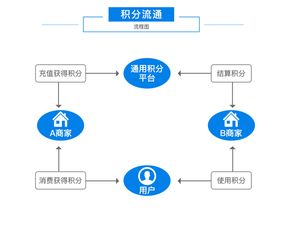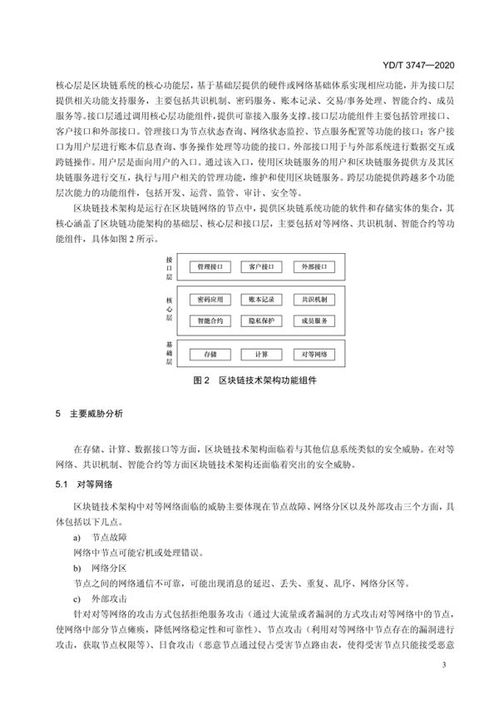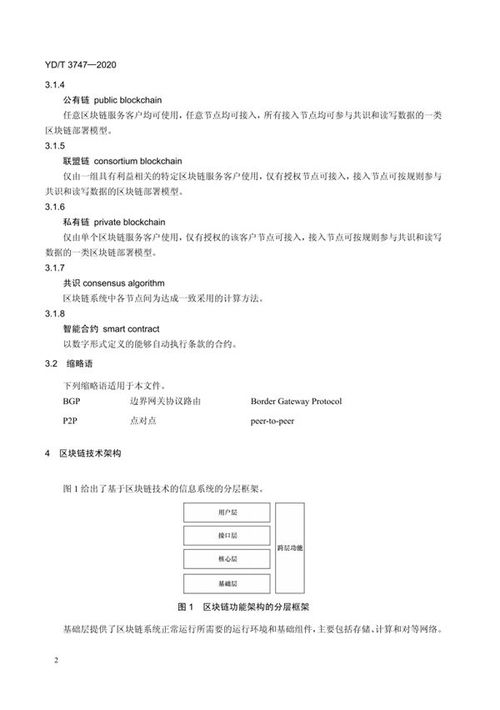Introduction to Blockchain Technology: Is It Universally Applicable?

Blockchain technology, a revolutionary innovation that emerged with the advent of Bitcoin in 2008, has since gained significant traction across various industries. Its decentralized and secure nature has sparked a global debate on its potential applicability. In this article, we will explore the concept of blockchain technology, its features, and whether it can be universally applied.
Understanding Blockchain Technology

Blockchain is a digital ledger that records transactions across many computers so that the record cannot be altered retroactively without the alteration of all subsequent blocks and the consensus of the network. This technology is based on the concept of a distributed database, where each participant in the network has a copy of the entire ledger.
Tags: BlockchainTechnology DistributedDatabase DigitalLedger

Key Features of Blockchain

There are several key features that make blockchain technology unique and potentially applicable across various industries:
Decentralization: Unlike traditional centralized systems, blockchain operates on a decentralized network, ensuring that no single entity has control over the entire system.
Transparency: All transactions are recorded on the blockchain and can be viewed by anyone, providing a high level of transparency.
Immutability: Once a transaction is recorded on the blockchain, it cannot be altered or deleted, ensuring the integrity of the data.
Security: Blockchain uses advanced cryptographic techniques to secure transactions and protect against fraud and hacking.
Tags: Decentralization Transparency Immutability Security

Applications of Blockchain Technology

Blockchain technology has the potential to disrupt various industries due to its unique features. Some of the key applications include:
Finance: Blockchain technology is already revolutionizing the financial industry, with cryptocurrencies like Bitcoin and Ethereum gaining popularity.
Supply Chain: Blockchain can be used to track and verify the movement of goods and services, ensuring transparency and reducing fraud.
Healthcare: Blockchain can help in securely storing and sharing patient records, improving data integrity and privacy.
Real Estate: Blockchain can streamline the real estate transaction process, reducing fraud and ensuring transparency.
Government: Blockchain can be used to create transparent and secure voting systems, reducing the risk of electoral fraud.
Tags: Finance SupplyChain Healthcare RealEstate Government

Is Blockchain Technology Universally Applicable?

While blockchain technology has the potential to disrupt various industries, its universal applicability is still a topic of debate. Here are some factors to consider:
Complexity: Implementing blockchain technology requires a significant amount of technical expertise and resources.
Scalability: Blockchain networks can face scalability issues, especially when dealing with a large number of transactions.
Regulatory Challenges: The regulatory landscape for blockchain technology is still evolving, and some countries may have restrictions on its use.
Adoption Rate: The adoption rate of blockchain technology varies across industries and regions.
Tags: Complexity Scalability RegulatoryChallenges AdoptionRate

Conclusion

Blockchain technology has the potential to revolutionize various industries, but its universal applicability is still a matter of debate. As the technology continues to evolve and overcome challenges, its potential to disrupt traditional systems and create new opportunities will become clearer. Whether blockchain technology will be universally applicable remains to be seen, but its impact on the future is undeniable.
Tags: BlockchainTechnology UniversalApplicability FutureOfTechnology

